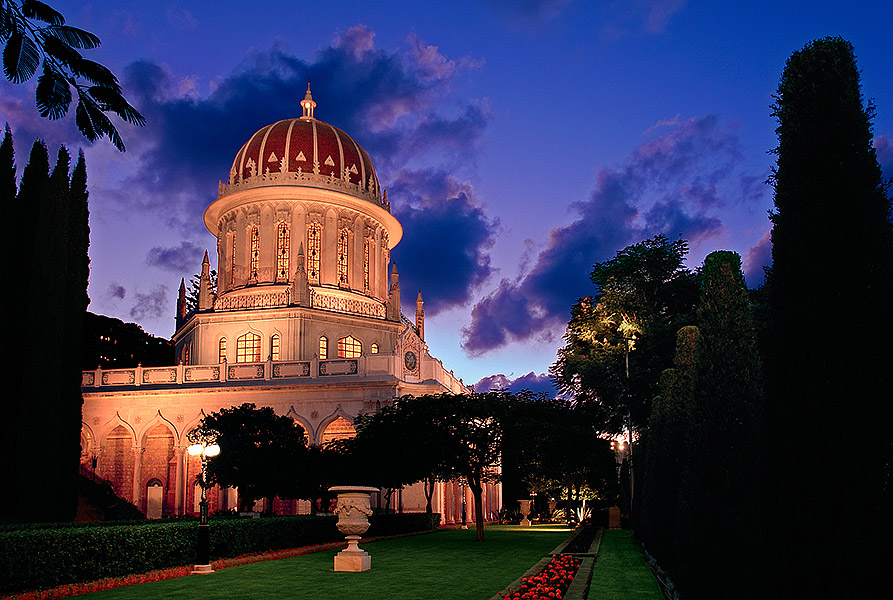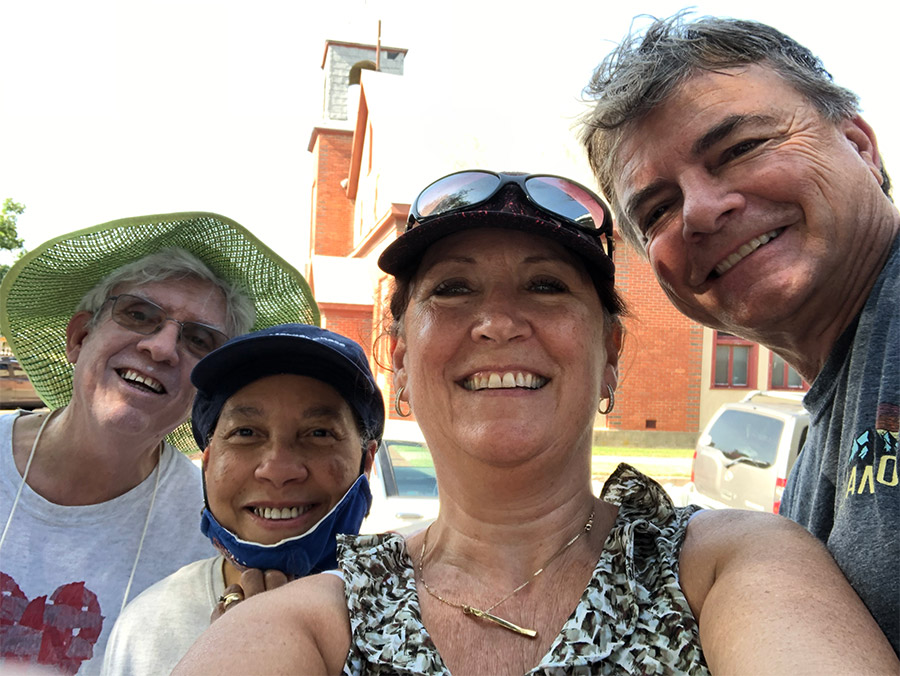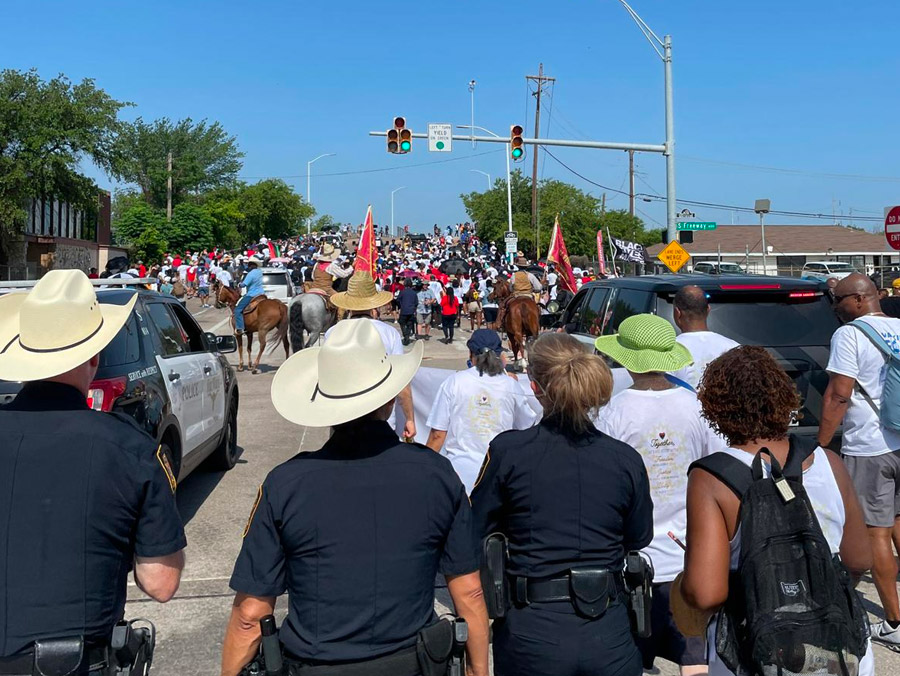Spiritual Regeneration in Anticipation of Spring
As we celebrate Naw-Rúz this year on the 21st of March, 2023, we end the month of fasting with the joyful anniversary of the spring equinox, which marks the beginning of the Bahá’í new year.
The pre-spring festivities began with the intercalary days of Ayyám-i-Há. During these additional four days between the Bahá’í months, we expressed our generosity, compassion, friendship, and love through acts of service, parties, and gift giving.
This joyful festival readied us for the fast, which is a time of prayer, abstinence, self-improvement, restraint, and contemplation. With the conclusion of the month of fasting, we gather in community to welcome the new year with our families and friends, as we break the fast once more at sunset on the 20th of March.
What is Ayyám-i-Há?
“Let the days in excess of the months be placed before the month of fasting. We have ordained that these, amid all nights and days, shall be the manifestations of the letter Há, and thus they have not been bounded by the limits of the year and its months. It behooveth the people of Bahá, throughout these days, to provide good cheer for themselves, their kindred and, beyond them, the poor and needy, and with joy and exultation to hail and glorify their Lord, to sing His praise and magnify His Name; and when they end—these days of giving that precede the season of restraint—let them enter upon the Fast.” – Bahá’u’lláh, “The Kitáb-i-Aqdas,” para.16.
The Spiritual Benefits of the Fast
“No protector is there but Thee, no place to flee to except Thee, no refuge to seek save Thee. Cause me to taste, O my Lord, the divine sweetness of Thy remembrance and praise.” – Bahá’u’lláh, “Bahá’í Prayers,” p. 256.
“This is, O my God, the first of the days on which Thou hast bidden Thy loved ones to observe the Fast. I ask of Thee by Thy Self and by him who hath fasted out of love for Thee and for Thy good-pleasure—and not out of self and desire, nor out of fear of Thy wrath—and by Thy most excellent names and august attributes, to purify Thy servants from the love of aught except Thee and to draw them nigh unto the Dawning-Place of the lights of Thy countenance and the Seat of the throne of Thy oneness. Illumine their hearts, O my God, with the light of Thy knowledge and brighten their faces with the rays of the Daystar that shineth from the horizon of Thy Will.” – Bahá’u’lláh, “Bahá’í Prayers,” p. 259.
Entering the Spiritual Springtime with Naw-Rúz
“At the time of the vernal equinox in the material world a wonderful vibrant energy and new life-quickening is observed everywhere in the vegetable kingdom; the animal and human kingdoms are resuscitated and move forward with a new impulse. The whole world is born anew, resurrected. Gentle zephyrs are set in motion, wafting and fragrant; flowers bloom; the trees are in blossom, the air temperate and delightful; how pleasant and beautiful become the mountains, fields and meadows.
“Likewise, the spiritual bounty and springtime of God quicken the world of humanity with a new animus and vivification. All the virtues which have been deposited and potential in human hearts are being revealed from that Reality as flowers and blossoms from divine gardens. It is a day of joy, a time of happiness, a period of spiritual growth. I beg of God that this divine spiritual civilization may have the fullest impression and effect upon you. May you become as growing plants. May the trees of your hearts bring forth new leaves and variegated blossoms. May ideal fruits appear from them in order that the world of humanity, which has grown and developed in material civilization, may be quickened in the bringing forth of spiritual ideals.” – ’Abdu’l-Bahá, “The Promulgation of Universal Peace,” 21 April 1912, Talk at Studio Hall, 1219 Connecticut Avenue, Washington, D.C.



